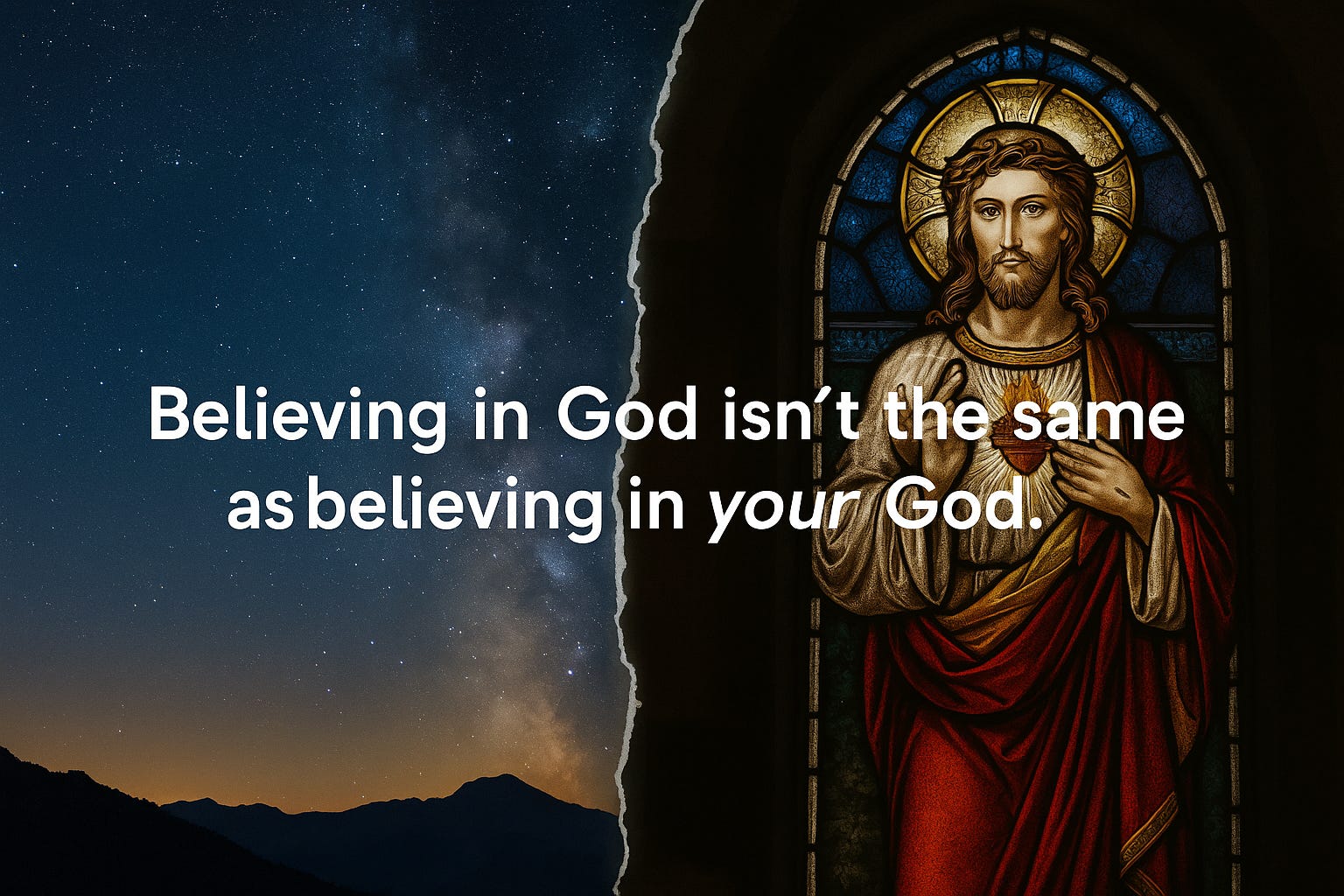Stop Arguing God Exists. Prove It’s Yours
Christians love debating atheists, but belief in a higher power doesn’t make Christianity true. You still have to prove your God’s identity, plan, and credibility.

A lot of people believe in something—a force, a creator, a divine mind behind the universe. That’s not new, and it’s not uniquely Christian. You don’t need a Bible to feel awe when you look at the stars. You don’t need Jesus to wonder how life came to be.…


